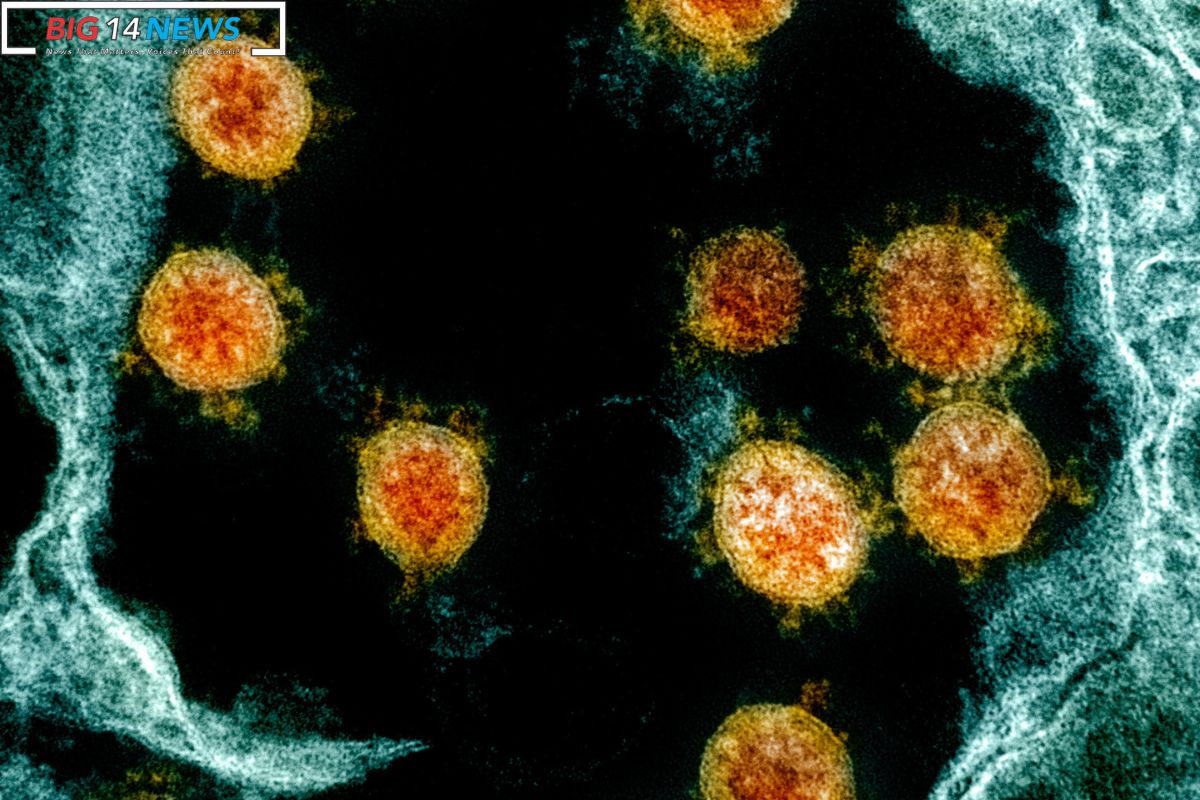SARS CoV 2 Variants Impact COVID-19 Severity: A big research of over 30,000 hospitalized children with SARS-CoV-2 disease revealed how different forms of the virus alter children’s COVID-19. The study shows how vital it is to consider kids of different ages when assessing COVID-19 severity.
The study collected clinical data from 31,785 hospitalized youngsters. Yanshan Zhu, a PhD student at the University of Queensland with an MMed, was a project expert. Study researcher Yanshan Zhu participated. The researchers came from several places.
This study investigated whether numerous circulating SARS-CoV-2 variants of concern (VOC) were linked to COVID-19 severity in hospitalized children, focusing on age-related patterns. Researchers focused on changes in critical care unit admission rates, ventilatory support, and oxygen treatment.
The study was from January 1, 2020, through March 31, 2022. It encompassed several COVID-19 pandemic stages headed by distinct SARS-CoV-2 strains.
Hospitals in the US, UK, Portugal, Italy, Switzerland, South Africa, Brazil, and Thailand provided clinical data.


READ MORE: Eris Variant COVID-19 Prevention: COVID-19 Prevention Strategies Amidst the Surge
This study investigated how SARS-CoV-2 mutations affect COVID-19 symptoms in children. All study participants were hospitalized with COVID-19. The discovery of the omicron variation encouraged researchers to examine if COVID-19 severity varied by age and variant.
The study found that COVID-19 patients admitted to ICUs decreased overall as the epidemic progressed.
Children aged 5 to 18 had lower risk rates for ICU hospitalization, ventilatory support, and oxygen therapy throughout time. The decline occurred several times.
The number of children under five hospitalized in the critical care unit decreased, although they still needed ventilatory and oxygen treatment.
Even though the number of urgent care unit admissions has decreased, the youngest age group still needs support breathing, which may prompt further research.
This study shows that COVID-19 severity in children should be based on age groupings. The study confirmed this. Doctors must closely monitor their younger patients’ respiratory support needs, even if the ICU has fewer patients. This will enable faster and better therapies, improving patient outcomes.
Also Read: Republican Nomination Debate: Trump Absence Sparks Speculation on Potential Vice Presidents

